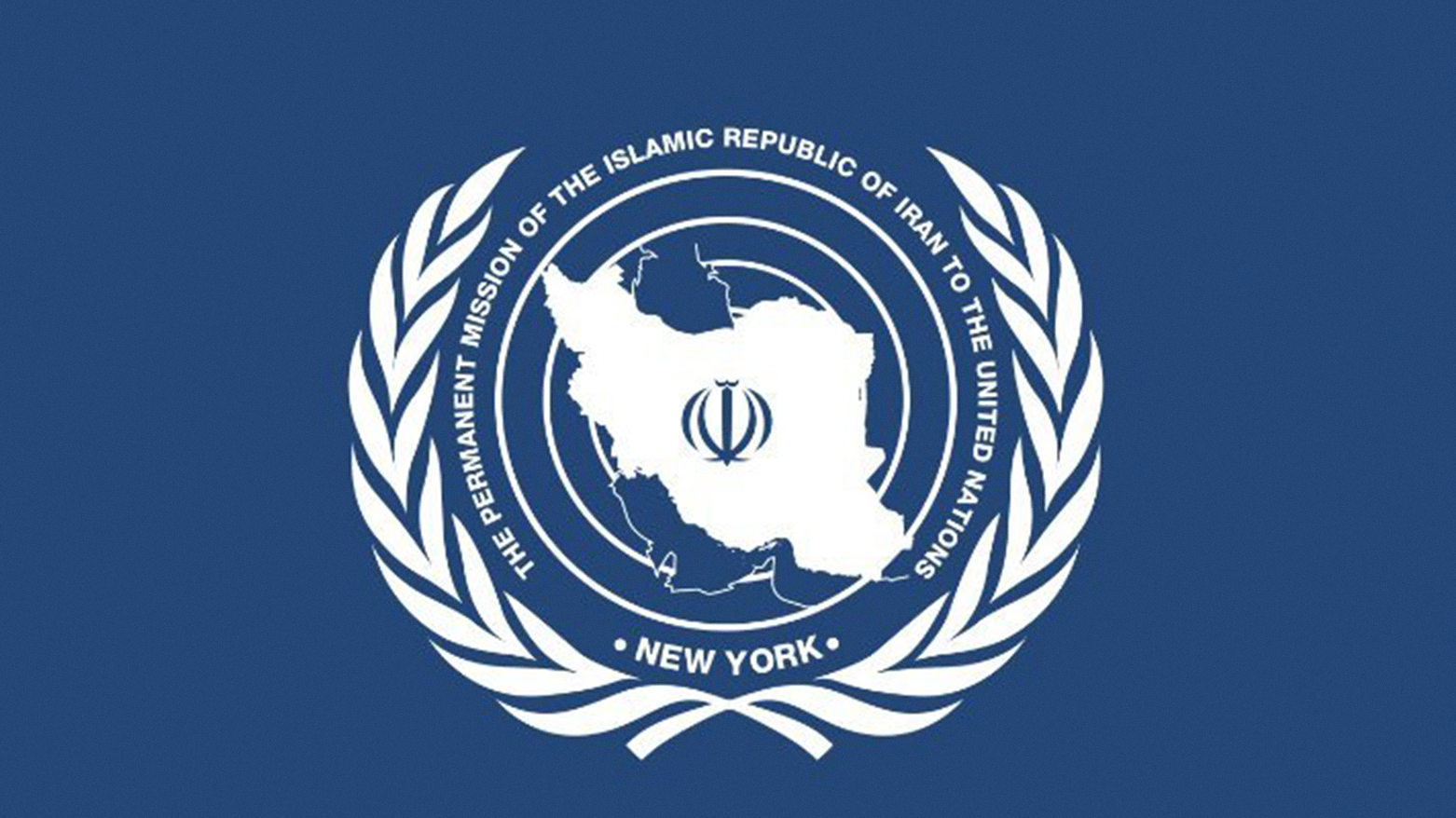Iran: Houthis to allow Leaking Oil Tanker to be towed to avoid Environmental Disaster
Iran's new government, it seems, wants to distance itself from the Houthis’ irresponsibility, and, perhaps, even limit their recklessness, as it reflects poorly on Tehran.

WASHINGTON DC, United States (Kurdistan 24) – Iran has announced that the Yemeni group that it backs—the Houthis—will allow the oil tanker that it sank in the Red Sea to be towed, rather than let it continue leaking oil and, potentially, cause an environmental disaster in the Red Sea.
The Iranian statement followed a sharp condemnation of the Houthis by Pentagon Press Secretary Maj. Gen. Patrick Ryder in a televised press briefing on Tuesday.
Read More: US: Houthis Have Made ‘Potential Environmental Disaster’ in Red Sea
Later that day, following Ryder’s briefing, Iran’s U.N. mission released a statement saying that the Houthis would allow a salvage crew and tug boats to tend to the stricken ship.
The prompt Iranian response to Ryder’s blistering critique may well reflect a desire on the part of Iran’s new ;leadership, including its president, Masoud Pezeshkian, to adopt a more moderate posture–one that is more acceptable to Western countires, although still within the framework of Iran’s national security policy, as set by its Supreme Leader, Ayatollah Ali Khamenei.
At the same time, the Iranian statement suggests what many suspect: Tehran is deeply involved in the Houthis’ attacks on international shipping, and it also has the ability to get them to stop.
Maj. Gen. Patrick Ryder’s Denunciation of Houthi Recklessness
“On August 21st, the MV Delta Sounion, a Greek-flagged, Greek-owned oil tanker carrying approximately one million barrels of crude oil was attacked by Iranian-backed, Houthi crewed vessels,” Ryder told journalists—and by extension, the entire world, because his briefing was televised.
“As reported by the Geek shipping ministry, the MV Delta Sounion was sailing from Iraq,” Ryder continued, “to Greece with a crew of two Russian and 23 Filipino sailors.”
“The crew has since evacuated the ship with the assistance of a partner nation vessel,” Ryder stated, But “the MV Delta Sounion now sits immobilized in the Red Sea, where it is currently on fire and appears to be leaking oil, presenting both a navigational hazard and a potential environmental catastrophe.”
Responding to a journalist’s question, Ryder explained that “a third party” had “attempted to send two tugs to the vessel to help salvage [it], but they were warned away by the Houthis and threatened with being attacked, which again demonstrates their blatant disregard for not only human life, but also for the potential environmental catastrophe that this presents.”
Attacks have Nothing to do with Israel; Just “Reckless Acts of Terrorism”
Although the Houthis have claimed that they’re conducting these attacks in support of the Palestinian people, their actions prove to the contrary,” Ryder affirmed.
“In fact, these are simply reckless acts of terrorism which continue to destabilize global and regional commerce, put the lives of innocent civilian mariners at risk, and imperil the vibrant maritime ecosystem in the Red Sea and Gulf of Aden, the Houthis own backyard,” he added.
New Iran Govt Responds to Pentagon Critique—Distances Itself from Houthis’ Irresponsibility
Ryder’s biting critique of the Houthis’ actions prompted an immediate response from Iran’s new government, as it sought to tamp down tensions and present a more reasonable picture to the west of the actions of its proxies, and, by extension, of Iran’s own policies.
That, in itself, is notable. Iran’s response came in the form of a statement issued by its mission to the United Nations. That statement was carried by a number of news outlets, including the Islamic Republic News Agency (IRNA.)
“Iran’s Mission to the United Nations says Yemen’s Ansarullah Movement has agreed to a temporary ceasefire to allow tugboats and rescuers” to extinguish the fire aboard the stricken vessel, IRNA reported.
“Ansarullah,” which means, in Arabic, “partisans of God”, is another name for the Houthis. They basically control what was known as North Yemen, until its union with South Yemen in 1990.
IRNA explained that the statement was issued “in response to a claim by the Pentagon spokesperson that Ansarullah has threatened to target rescue ships sent to the Red Sea.”
Tehran then proceeded with a bald lie. “In execution of its policy to support Palestine and hinder the transfer of fuel to the Zionists, Yemen’s Ansarullah Movement has already announced that it will—as long as the war on Gaza persists—continue to target oil tankers bound for the Israeli regime.”
Of course, as Ryder explained, citing Greek authorities, the ship was carrying Iraqi oil which was being shipped to Greece.
The Houthis had a mixed response to the Iranian statement. On Wednesday, a spokesperson told Reuters that there was no temporary truce, and the Houthis had only agreed to allow the tanker to be towed.
No further word about the tanker has yet followed. However, that Iran put out a statement in the name of the Houthis on Tuesday evening, without, it seems, so much as consulting them, strongly suggests that Tehran plays a major role in their activities.
At the same time, the new Iranian government, it seems, wants to distance itself from the Houthis’ irresponsibility, and, perhaps, even limit their recklessness, as it reflects poorly on Tehran.